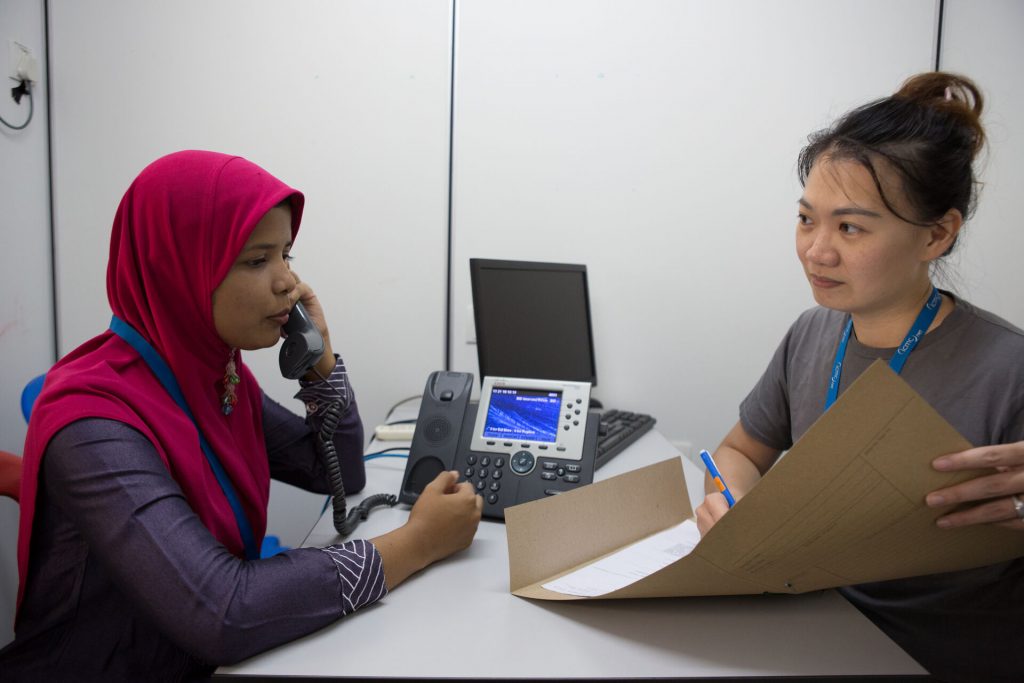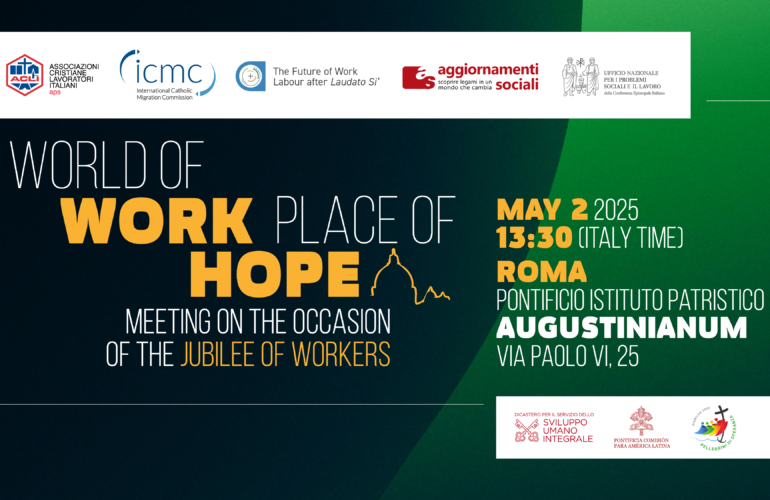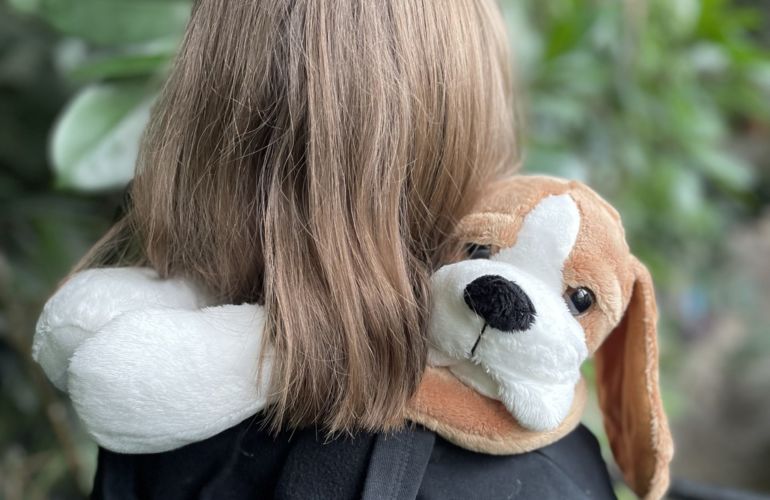Sexual abuse and gender-based violence (SGBV) disproportionately affects uprooted people, especially women and girls. ICMC’s holistic response meets survivors’ urgent needs while empowering individuals and communities to turn the tide on abuse.
Sexual and gender-based violence (SGBV) is widespread in all parts of the world today. Such violence overwhelmingly affects women and girls, though men and boys experience abuse too.
SGBV is rooted in gender inequality, discrimination and power imbalances. It often happens in the home or other familiar settings and thus may be hidden from view. It may be misunderstood or even condoned due to gender norms.
Refugees and migrants are at disproportionate risk. SGBV can both trigger forced migration and be a traumatic experience during any phase of the displacement journey.
In 2019, ICMC Malaysia assisted 2,200 refugees through outreach interventions and case management services, and accompanied 500 survivors of sexual and gender-based violence.
Being uprooted brings frustrations and a number of strains – such as lack of livelihoods, economic pressures, uncertainty about the future, the breakdown of social and legal structures – that increase the potential for SGBV.
Though difficult to measure, it is estimated that a fifth of internally displaced or refugee women in crisis situations have experienced sexual violence. The stigma associated to the abuse often hinders those affected from seeking help.
ICMC responds holistically to the complex challenge of SGBV. We provide protection and emergency assistance. We accompany survivors on a path to well-being and a life in dignity. And we work with communities to transform attitudes and behavior to end all forms of SGBV.
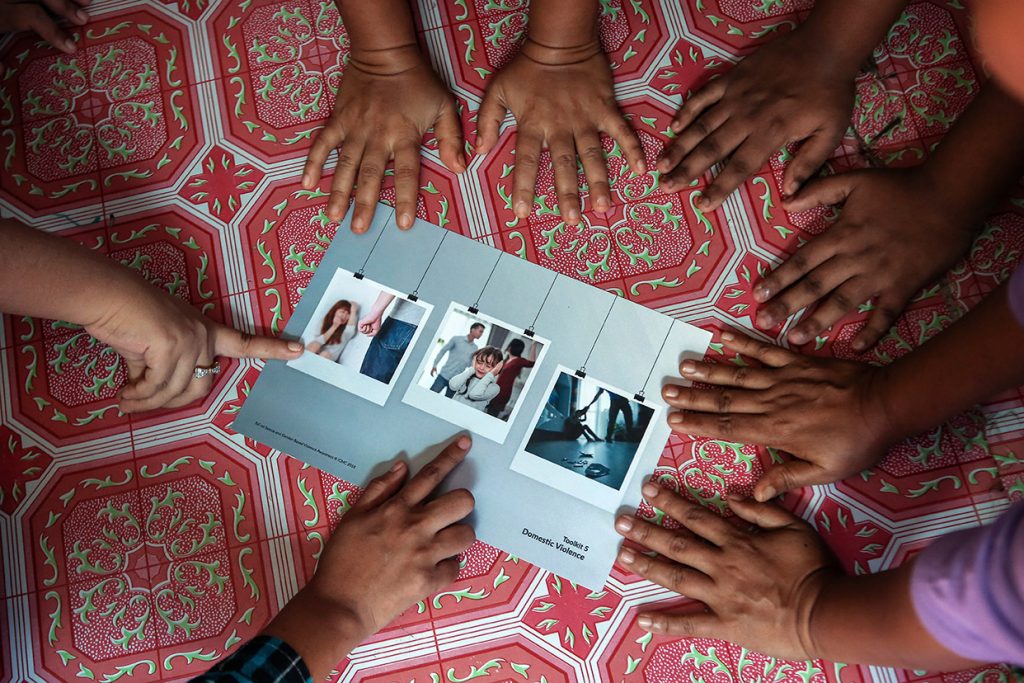
Offering Life-Saving Responses
ICMC creates safe spaces for survivors to report incidents and access life-saving support as rapidly as possible. We offer telephone helplines and a dedicated email contact in the languages of refugee communities. These services are run by fellow refugees trained to respond to disclosures of abuse with sensitivity and care, creating vital bridges of trust.
Home visits are an important way of identifying people at risk of SGBV. Refugee volunteers offer a listening ear and let survivors know how they can get help. ICMC case managers follow up such referrals.
A top priority is to ensure that those affected can find refuge from an abusive situation. Our safe shelters and community shelters offer protection. Here, survivors can access other emergency services such as medical care and cash assistance to meet basic, urgent needs.
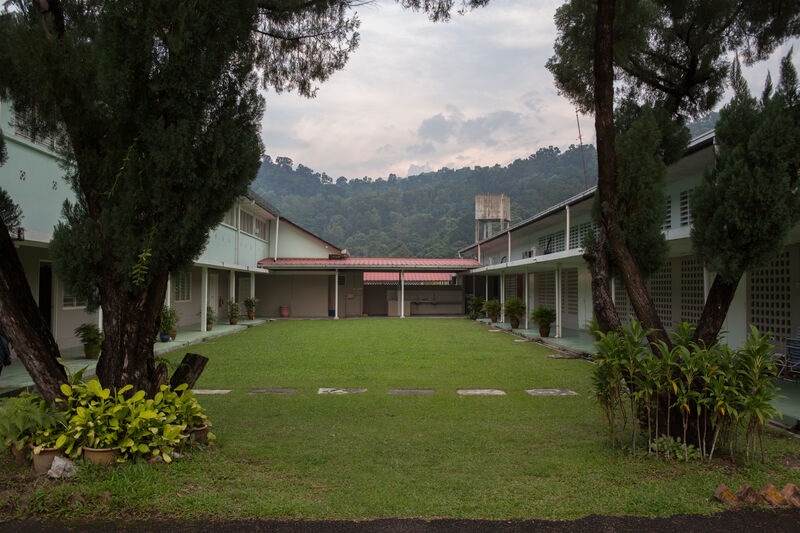
We offer counseling to help those affected by SGBV work through the trauma of their experiences and rebuild their lives in safety and dignity. Our counseling service helps families find healthy, empowering ways of relating to each other and coping with the potentially devastating impact of displacement. Children are able to express their feelings and find healing through play therapy.
Economic dependence can keep women affected by violence trapped in abusive situations. Through vocational training, literacy classes and opportunities to earn a livelihood, we support SGBV survivors to become self-sufficient.
ICMC develops strategies and protection plans that meet the unique needs of those affected with compassion. We put the wishes and needs of survivors at the forefront of our protection activities. This gives them the power to choose the course of action most suited to their specific situation.
And we work with the refugee community as a whole to find solutions that are rooted in their context. Such solutions support them to take ownership in responding to SGBV and empower them to effect change.
Raising Awareness and Bringing About Change
Preventing SGBV can only happen by raising awareness and transforming attitudes and behavior. ICMC gives top priority to engaging refugee communities to address gender inequality, discrimination against women and the stigma often associated to sexual abuse.
ICMC refugee facilitators lead community events and workshops that take a closer look at gender stereotypes and different forms of SGBV like domestic violence, child abuse, sexual harassment, and rape. These sessions underline the devastating impact on both survivors and the community as a whole.
We also plan fun and safe social activities with mixed gender groups. This increases mutual respect and improves understanding between men and women.
Children and youth are particularly vulnerable to SGBV. ICMC runs activities designed specifically for the younger members of uprooted communities. They learn about the problem of sexual violence and what steps they can take to protect themselves.
ICMC’s awareness-raising activities play an important role in breaking down the stigma surrounding SGBV, particularly for male survivors. Those affected feel safer sharing their stories and seeking help.
“Everything that you said, all of it is my story. My parents sent me to Malaysia to marry when I was fifteen and my husband beat me every day. I didn’t know it was abuse, and I didn’t know where I could find help.”
Rohingya refugee woman participating in a home-based ICMC awareness-raising session in Kuala Lumpur, Malaysia
Our experience has shown that involving men and boys is crucial in the fight to end SGBV. Men often have different opportunities to influence local and religious leaders. They can model gender equality and show that the empowerment of women is compatible with the community’s values. That’s why we engage the whole community, training male refugees to provide support to survivors as appropriate and to be voices for change.
Delivering Tools and Training
ICMC develops various tools to help uprooted communities reflect on gender roles and related SGBV issues. We have a range of materials – leaflets, videos, coloring books, MP3 players – that raise awareness with different groups in the community, including those who cannot read. Our “train the trainers” toolkit is a key resource for equipping community leaders to educate others about SGBV.
We also use creative avenues like theater, dance and music to stimulate discussion. Survivors often find it empowering to bring home their experiences in a very tangible way for other members of their community.
ICMC provides training for government and operational partners in order to build their capacity to respond to and prevent SGBV in the communities we serve.
